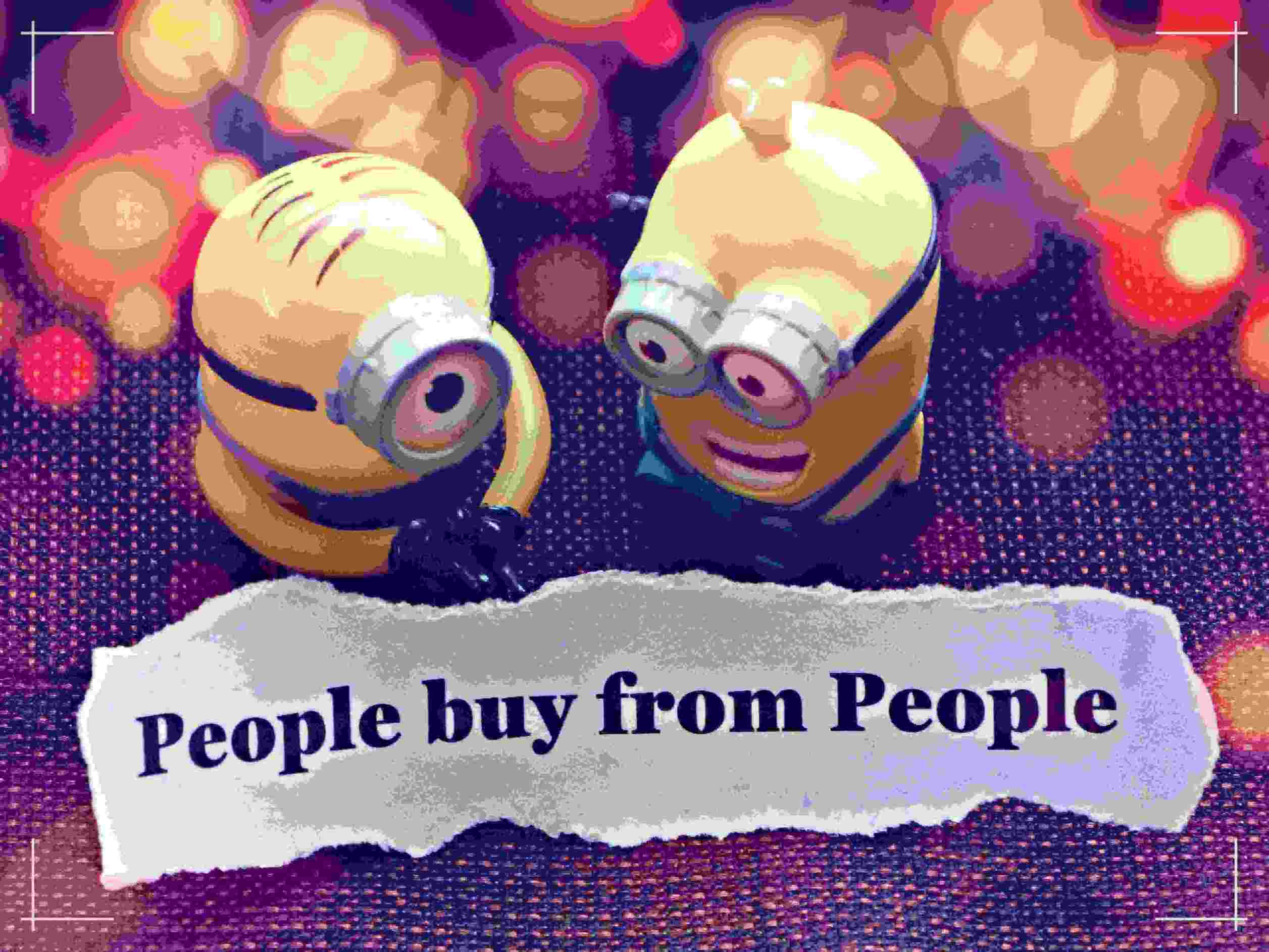Over the years, I have realised the importance of “People” in the consulting space. My team members would have heard me emphasising this over the others in my many years of consulting. Namely, your client has access to similar companies, similar talents, similar promises, similar credentials, but then, why they will choose to work with you? I kept repeating to my team constantly to remember, “People buy from People“.
It is a connection you create with the person at the other end; the continued relationship you maintain with that person; the trust you create with consistent performance over time. That sounds a bit cliché, but I am sure you will be interested when I say there is a well-designed approach to it.
The missing “Why”
The conventional approach to consulting is that the client has a requirement, and you go to the client with your approach to say what you have done in the past, what you can do and how you can do it. But let me tell you, trying to understand why the client wants to do it makes a big difference. In asking the question, you are trying to understand the origins of the cause, and maybe there is a better way to address the solutions.
In the consulting space of sustainability, one standard work that we usually come across is helping the company prepare their sustainability report. One of my first queries to the clients would be; why do you want to publish a sustainability report? The question would often result in a variety of answers, like, our investors are asking for it; our peers have already done it; it’s one of my KPIs for the year; we feel it will help in our social license to operate are some of the replies I get. Once knowing the reason as to why the company wants to bring out the sustainability report helps better structure my value proposition. In asking that question, you are also personalising the solution. That personalising is what connects with people rather than a standard approach. It is also possible that the approach you design now, knowing the answer to the question why might be different to the solution they had in mind.
Although people won’t state it, people don’t buy what you do or how you do it but why you do it. There has to be a sense of purpose for why you are doing a particular thing. It is easier to think that you can do business with people who want what you have but let me tell you, it is easier to do business with people who believe just like you. It will be a sustained business; you do not have to sell every time.
The power of “Co-Creation”
The follow-up of the personalised solution is the mindset to co-create. Many of my clients will agree that the final outcome resulted from co-creation. The consultant mind should accept that, and it should always be communicated in the same spirit. There should not be the personalisation of the success; instead, sharing of it. Keeping an open mind to learn and innovate results in wonderful outcomes. Even though you might have floated the idea, the person at the other end had the alignment and trust to work with you on that.

The conviction that we are co-creating brings new commitments from the person you are working with; it is no longer a client and consultant relationship, its partnership. It was about what the other person believed was the right thing to do and not just about what, as a consultant, you had to offer. I am conscious not to start the conversation by saying, I have a plan; instead, I say I have a thought. The latter is the way of saying it is not frozen; it requires your inputs too.
Reaching the “non-converted”
I tell the team that when you are the first to start a thought process with a potential client and educate them, your chances of converting them is higher. Somewhere in that process, you get branded as a “guru”, and the person gets a feeling of trust. Thus, investing time in people who are not converted to an idea is very important, but you need to know who needs to be converted. It would be best if you had a strong reason for what is in it for that person and why they should be doing it. Will it catapult them to a leadership position? Will it make them an early mover? Will it help them overcome a challenge? That resonance you created with the person at the other end in synchronising the beliefs goes a long way in your relationship.
That extra to make them “proud”
For those who believe in you, allowing you to create what you are proud of at the end, it is up to us to reciprocate by making sure that they get the due recognition. Go that extra length to find a speaking opportunity or showcase the work at the right forums. There were occasions when we engaged with academicians to write case studies on the work completed. It was not part of our remit, but we feel that it is our thanksgiving to the person who believed in us. It is a way to make them proud of their achievements.
I think grounding yourself in the reality that the person at the other end has many choices, and it is not about what you have, and it is about what that person wants (stated and non-stated). “People buy from People” will always remain my advice to anyone in the consulting space. My gold standard. It has worked wonders for me, and I am sure many of my clients who read this may connect with their experiences.

Good read Santhosh. Keep writing !